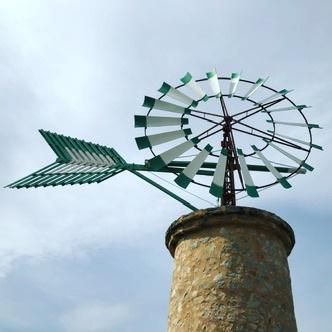How does Mallorquí differ from other Catalan dialects in terms of vocabulary and pronunciation?
Similar Topics
mallorquí vocabulary
mallorquí pronunciation
catalan dialects
balearic islands language
archaic catalan terms
unstressed vowels mallorquí
mallorquí intonation
mallorquí linguistic identity
Mallorquí, spoken primarily on the island of Mallorca in the Balearic Islands, stands out from other Catalan dialects due to distinct differences in both vocabulary and pronunciation. While it is a variety of Catalan, Mallorquí has preserved many archaic terms and expressions that have fallen out of common use on the mainland, lending it a unique flavor. For example, some everyday words and verbs are specific to Mallorquí or have meanings that differ slightly from their counterparts in central Catalan dialects. This results from the island's historical isolation and diverse cultural influences, including Arabic and Occitan, which have left subtle traces in the local lexicon.
Pronunciation in Mallorquí also diverges noticeably from other Catalan variants. One of its most characteristic features is the treatment of unstressed vowels, particularly the tendency to keep a clear "a" sound where other dialects might use a more muted or reduced vowel. The rhythm and intonation patterns give Mallorquí a melodious quality, marked by slightly slower and more deliberate speech. Additionally, certain consonants are pronounced in a way that might sound softer or more open to speakers of central Catalan, making Mallorquí distinctive but still mutually intelligible with other Catalan dialects.
The combination of unique vocabulary choices and specific pronunciation habits means that Mallorquí contributes richly to the overall diversity of the Catalan language. It not only reflects the island’s heritage but also plays an important role in maintaining the linguistic identity of Mallorca. For travelers and language enthusiasts, hearing Mallorquí spoken provides insight into the region’s history and local culture, offering an authentic experience different from that found in Catalonia or other Catalan-speaking areas. Despite these differences, Mallorquí remains an integral part of the broader Catalan linguistic family, bridging tradition and contemporary usage.
Pronunciation in Mallorquí also diverges noticeably from other Catalan variants. One of its most characteristic features is the treatment of unstressed vowels, particularly the tendency to keep a clear "a" sound where other dialects might use a more muted or reduced vowel. The rhythm and intonation patterns give Mallorquí a melodious quality, marked by slightly slower and more deliberate speech. Additionally, certain consonants are pronounced in a way that might sound softer or more open to speakers of central Catalan, making Mallorquí distinctive but still mutually intelligible with other Catalan dialects.
The combination of unique vocabulary choices and specific pronunciation habits means that Mallorquí contributes richly to the overall diversity of the Catalan language. It not only reflects the island’s heritage but also plays an important role in maintaining the linguistic identity of Mallorca. For travelers and language enthusiasts, hearing Mallorquí spoken provides insight into the region’s history and local culture, offering an authentic experience different from that found in Catalonia or other Catalan-speaking areas. Despite these differences, Mallorquí remains an integral part of the broader Catalan linguistic family, bridging tradition and contemporary usage.
🧩 Related Questions
Related Question
What strategies do local farmers use to protect crops from damage caused by rainfall during harvest time?
Related Question
Do Mallorca’s food festivals feature any local wines or beverages alongside the cuisine?
Related Question
How do local farmers in Mallorca incorporate sustainable practices into olive oil cultivation?
